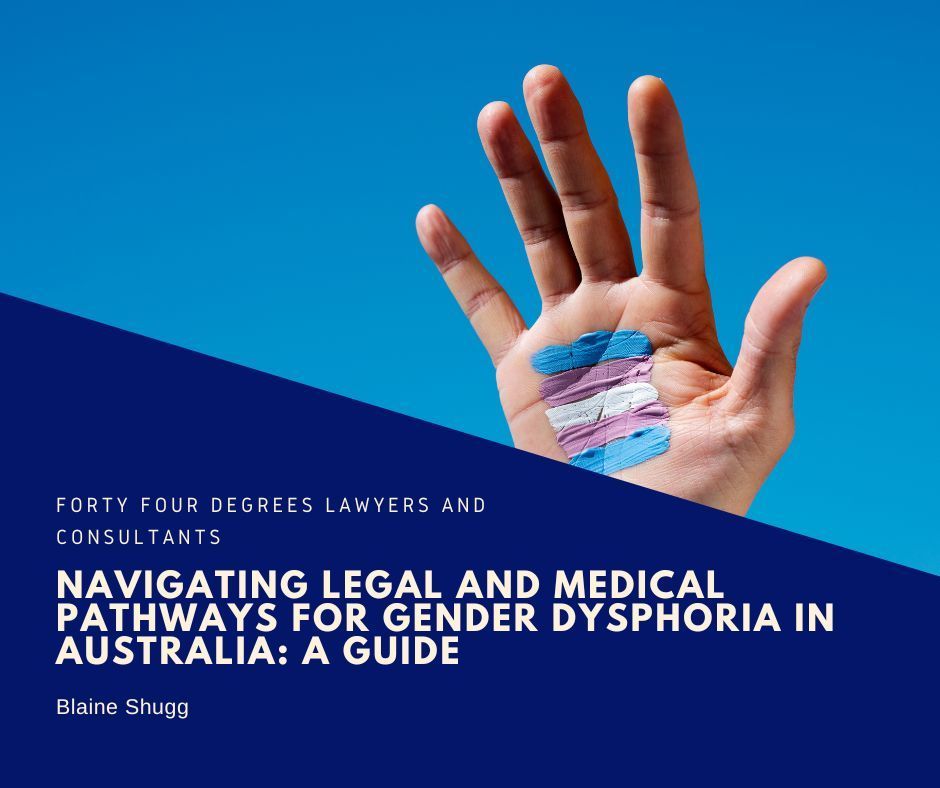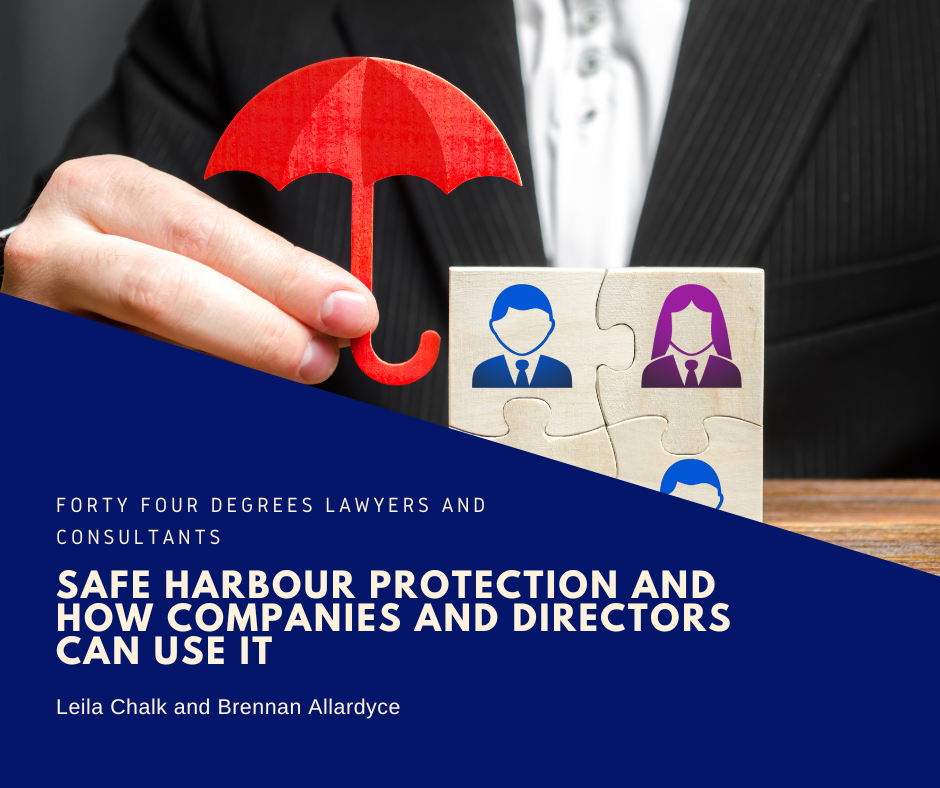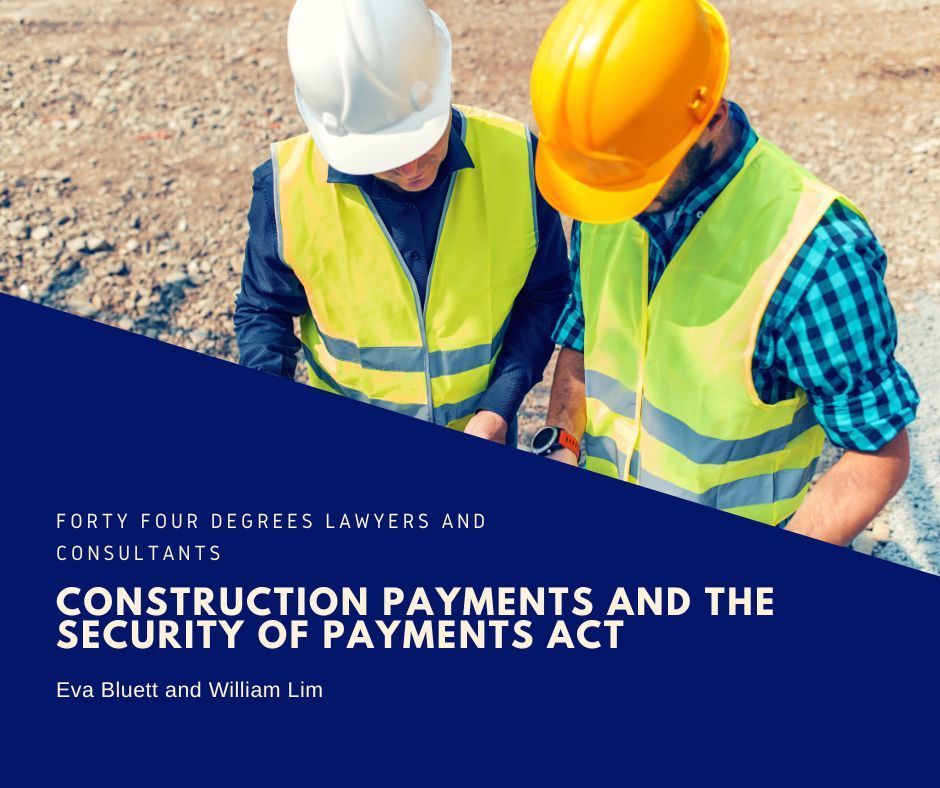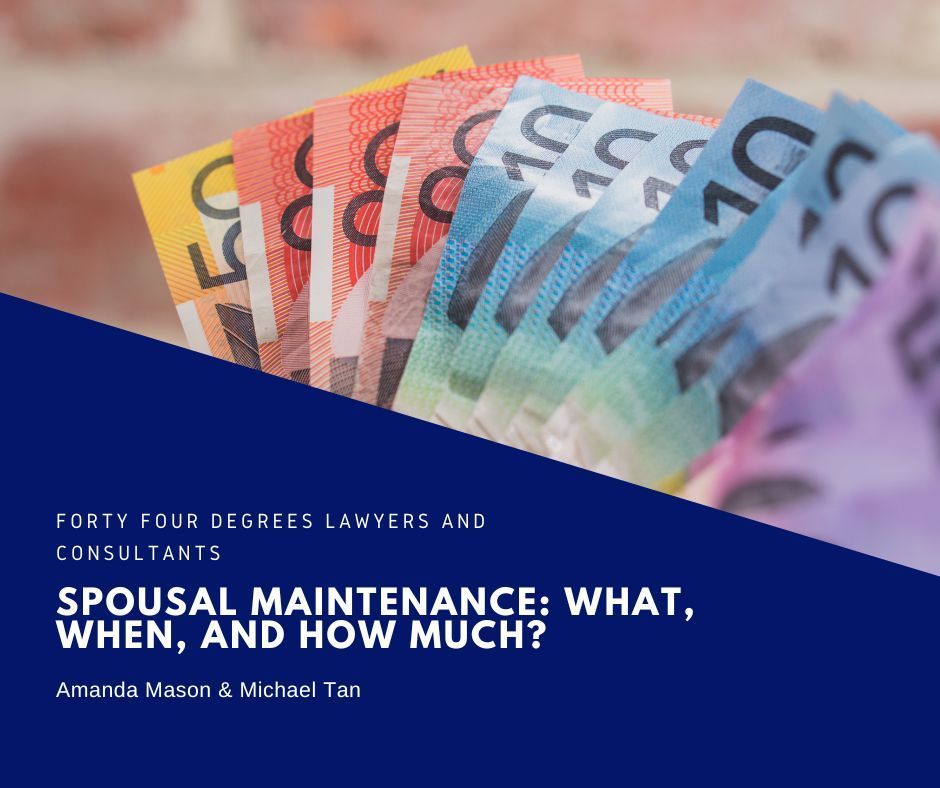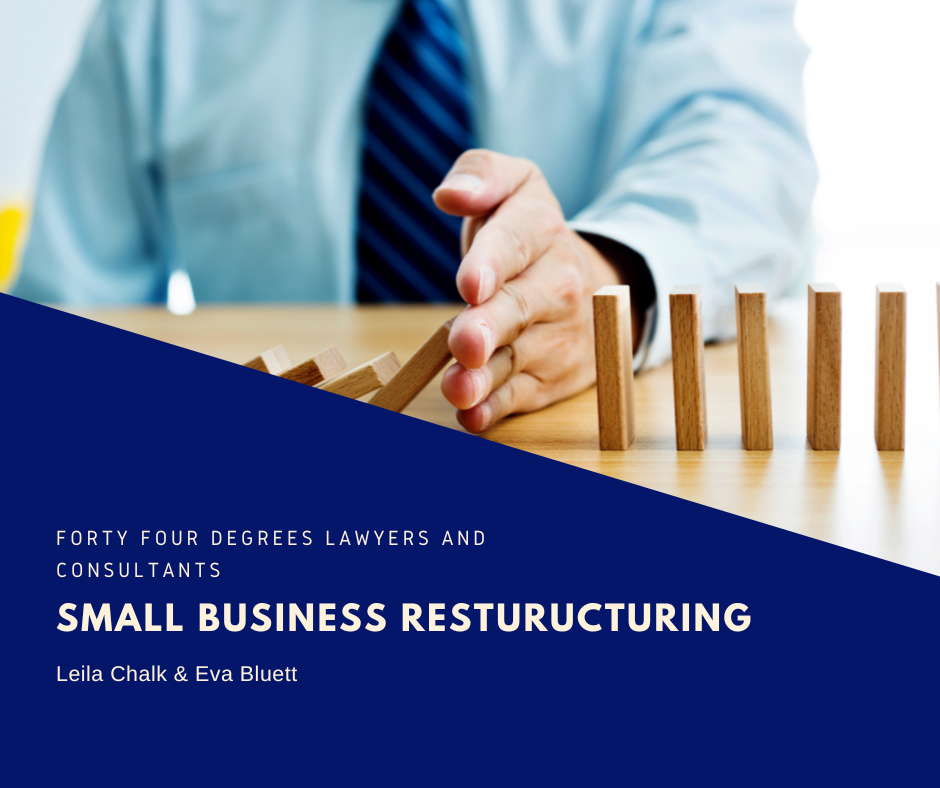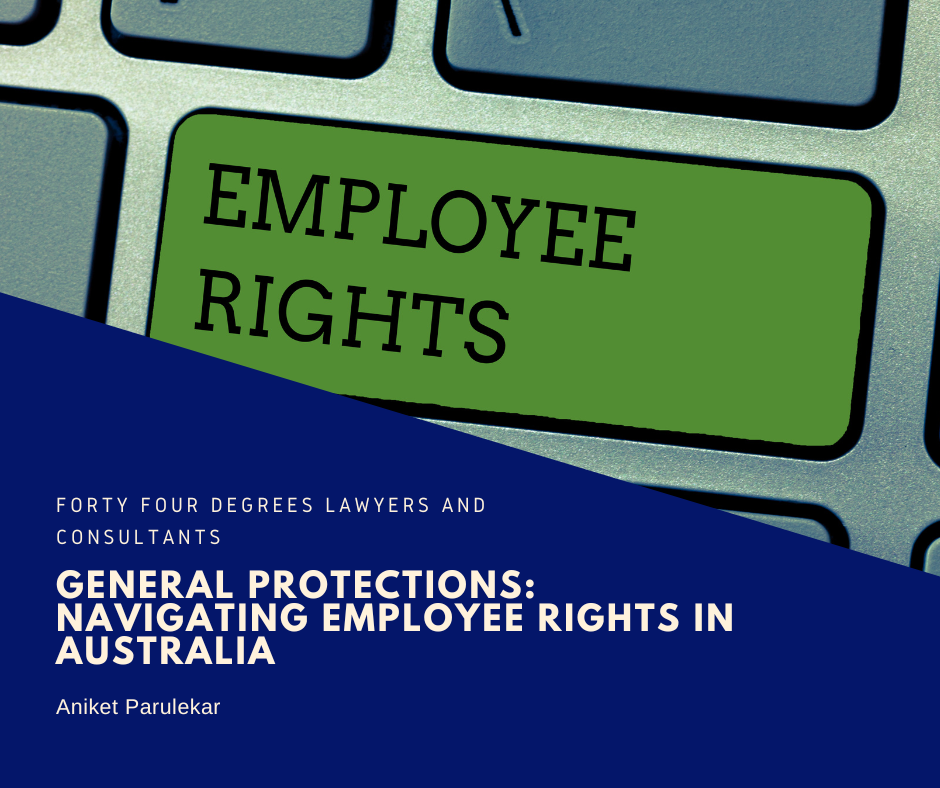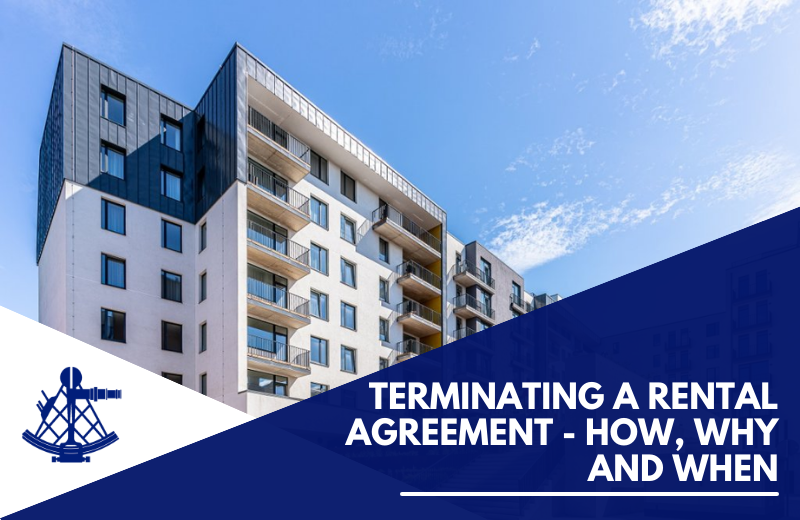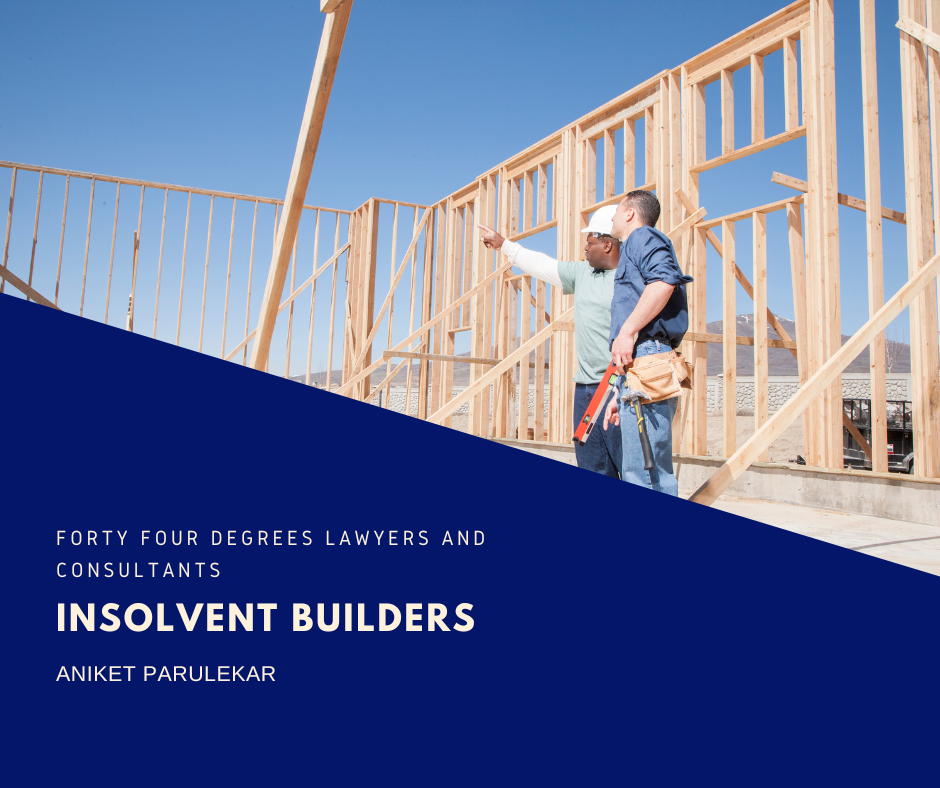10 Questions to ask your Solicitor
Going to see a lawyer for the first time can be an overwhelming experience. To help you get the best out of your appointment we recommend asking these questions:
1. What information do you need to be able to advise on the likely outcome?
Often the first answer you get out of a lawyer is 'It depends'. The reason that happens is because we need to collect a lot of information to be able to properly advise you. Ask your lawyer what information they may need to be able to advise you. Bring them any written documents, contracts, previous versions of your will, whatever is relevant to the subject matter.
2. What are the costs or likely costs?
Ask your solicitor for a clear breakdown of costs. With certain solicitors you may be able to get a fixed fee, or a capped fee, which helps you plan your matter. If it is litigation, or if you are told that costs are difficult to estimate, remember that it may mean they are difficult to estimate at this stage and the lawyer may be happy to offer a fixed fee once they know your matter more fully. You should also ensure you get detailed information, for example, their hourly rate for work, the costs in comparable cases and the likely disbursements – these are costs your solicitor will need to pay on your behalf, for example court document filing fees, information enquiry costs and so on. Make sure you start any work with a solicitor with as much information about the costs you will be accruing as possible.
3. How and how often will we communicate?
Often the work we ask solicitors to do is of a personal and sensitive nature, this can leave us feeling compelled to call them every hour of everyday to check up.
However, this is not only costly, but often keeps solicitors from attending to your work. Therefore, it is best to ask your solicitor by what means and how often you should expect to receive communication. This is an effective compromise that will spare your hip-pocket.
4. Will we need to use a barrister in my case?
In certain cases, your solicitor will suggest employing a barrister. The easiest way to understand the relationship between a barrister and a solicitor is by comparing it to the relationship between a GP and a surgeon. The GP has good general knowledge and can advise on a wide range of topics, the surgeon is sometimes required for precision work. A barrister will be employed if your case requires in-depth knowledge in a specific field.
5. What happens if I do nothing?
Doing nothing seems completely counterproductive, and the lawyer may never advise it, but it is important for you to know what would happen if you chose to do nothing about the issue at hand so that you can, amongst other things, see the value in doing something about the problem you are facing.
6.
What are the weaknesses of my case?
It is important to understand the weaknesses of your case. Often clients who are unwilling to face the weaknesses in their argument will feel cheated if they don’t achieve their desired result. It is important to ask this question to ascertain whether your argument is worth running. It can be hard to hear that it’s not worth pursuing your matter, but it is best to, at the very least, listen and understand the likely pitfalls.
7. What sort of time frames am I looking at?
In some cases, it can be near impossible to give you a time frame for the whole matter. However, you should always ask this question even if you can only get time frames for certain parts of the work. You should also ask for estimations based on similar matters. It’s always best to have some idea of the time period you are looking at.
8. Who will be responsible for the work?
In a law firm there are often many different solicitors and support staff. Calling a firm and not knowing who looks after you matter can be problematic, it can also mean that information takes longer to reach the right area. Make sure that you ask during your first meeting for direct contact details for the person who will be responsible for your work.
9. What are the next steps?
Ask your lawyer to provide you with a guide as to the next steps. Often this may mean a follow up email from them asking you for a number of documents and sending you a costs disclosure. Nevertheless, especially in urgent matters, the next steps may require you to do any manner of things, and it is never pleasant to be wondering who is meant to do what next?
10. What technology do you use to help you do your job?
Many emergency rooms and hospitals use computerised to-do lists; not because the doctors don't know how to help someone having a heart attack, but because studies have shown that to-do lists help reduce human error. Everyone is human (yes, even your lawyer), and it is important that you are comfortable with the level of technological aids your lawyer has at their disposal. To-do lists, computer document management, and cloud based access are a minimum.
Contact Us
We’re an Australian Law Firm promoting a nuanced, personal touch. We have the skills you need to resolve your case quickly and with a positive outcome. Our straight talking team stays close to simplify what is most often a complicated process. We help individuals and businesses with technology and startup law, property law including conveyancing and leasing, commercial law, civil litigation, wills, estates, bankruptcy, insolvency, criminal law, and professionals facing investigations and charges from their regulatory body.
We have a connected network of talented lawyers in Melbourne CBD, Dandenong, Ballarat, and Ivanhoe East.
Fill out the form or call us on 1300 892 237.
We will get back to you as soon as possible
Oops, there was an error sending your message.
Please try again later or call us on 1300 892 237.


